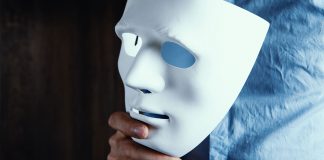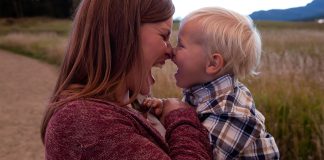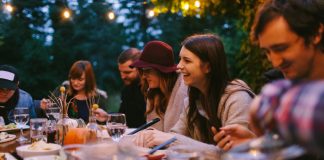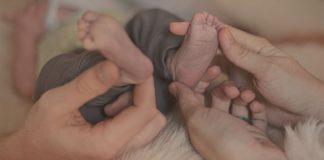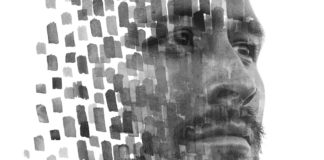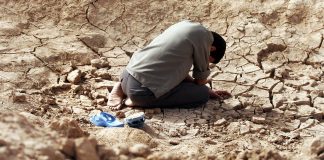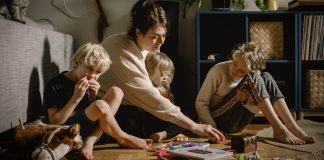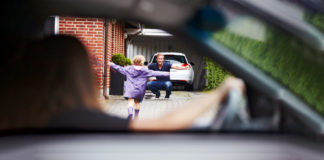Incognito faith and the failures of political correctness
John the Baptist's call—"Repent, for the kingdom of heaven has come near"—succeeded in bringing Jews "from Jerusalem and all Judea and the whole region of the Jordan" to the desert where the prophet preached, to confess their sins and be baptised. Two thousand years later, the exhortation to "repent" is buried under a mountain of pejorative associations.
Sensitivity and parenting | What highly sensitive parents need to know
Parenting is one of the most rewarding and fulfilling roles there are. It is also one of the most difficult, and highly sensitive parents know this best. Although they often feel overwhelmed by the role, experts say these people can successfully navigate the complicated world of parenting.
Parenting school: the counsellor and consultant phases
This article is the third and last in the "Parenting School" series. The first two parts were published in the May and June 2020 issues of Semnele Timpului, the Romanian version of the ST Network.
COVID-19: Inequality and the pandemic
When confronted with the pandemic, we are anything but equals.
Dante’s imaginary translation of the torments of Hell
At the age of nine, the young Dante Alighieri fell hopelessly in love with Beatrice Portinari, a young woman of about the same age, whose image would haunt him for the rest of his life and inspire one of the most famous female characters in universal literature.
“Mere Christianity” | Book review
"In the Trinity Term of 1929, I gave in, and admitted that God was God, and knelt and prayed: perhaps, that night, the most dejected and reluctant convert in all England," testified C.S. Lewis in his book, Surprised by Joy: The Shape of My Early Life. Today’s article, however, is about another book from the same author, Mere Christianity.
How to forge friendships from resilient material
The whirlwind of activities and deadlines that adult life throws at us often makes us resistant to closeness. We abandon old friends and neglect building new relationships until inevitably, the day comes when we start feeling pressed against the self-erected walls of loneliness.
Life as a couple after the first child
The arrival of a child brings immense joy and fulfilment, but it also introduces a new dynamic within the family, a reality that places the couple in the position of taking on responsibilities and tasks they had not encountered before. Transitioning to life as a family of three is a stage that disrupts the daily routine, demanding the full attention and involvement of...
Beauty in brokenness
Amy Ainsworth is the mother of 5-year-old twin girls, whose appearance is both surprising and fascinating – how could it be any other way when you see a pair of big green eyes showing off from behind the brown curls of one of the girls, contrasting strikingly with the coffee-coloured eyes and black, straight hair of her twin sister?
How do we build resilience in our children?
On 29 May 2023, photographer Oleksandr Kuchynskyi filmed a group of children in Kiev fleeing to a shelter during an air raid.
I shall not hate
Izzeldin Abuelaish wrote a book titled I Shall Not Hate, now translated into 13 languages, about the hatred that led to the death of his daughters. "Hate is a poison, a fire which burns you from the inside," he writes.
My child is unique and God knows it
As Christian parents, the most important legacy we want to leave our children is faith in God.
Confession: in search of the ultimate goal
It is important to have a purpose in life, yet this is not enough. It really matters what your purpose is.
The absurd maths of inequality
Since 2020, the wealth of the world's five richest people has doubled. Over the same period, almost five billion people in the world have become poorer[1]. Such an absurd expression of equality is, sadly, not unique and shows once again where injustice has reached in a society that thinks it is on the cusp of progress.
Children and divorce: Mistakes we should avoid
In any family, the child's wellbeing depends entirely on the harmony between their parents. When love is "gone" and Mom and Dad reach the conclusion that they can no longer work as a couple, the children are the first to suffer.












